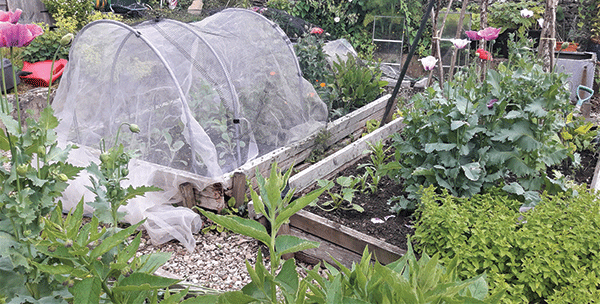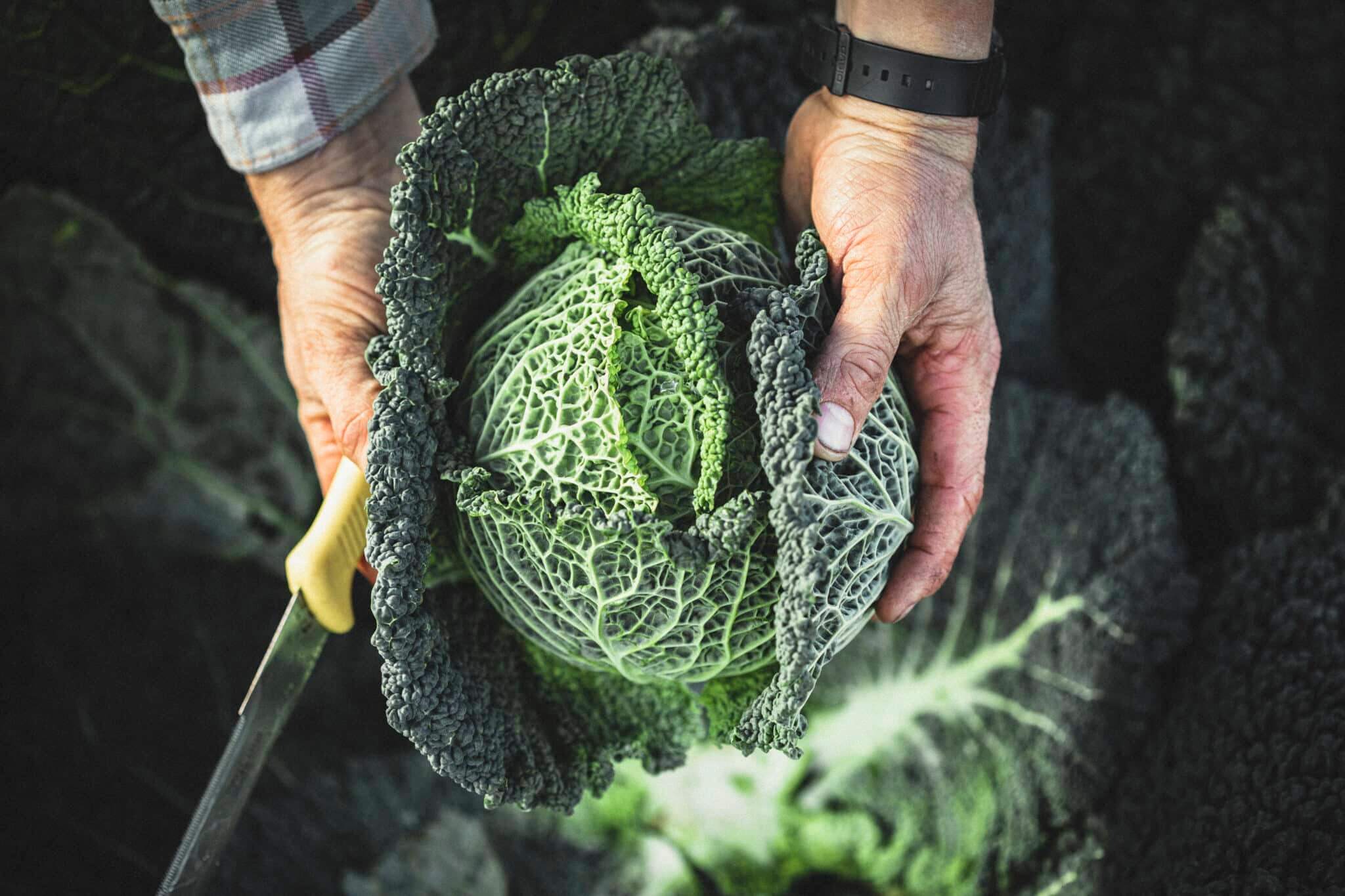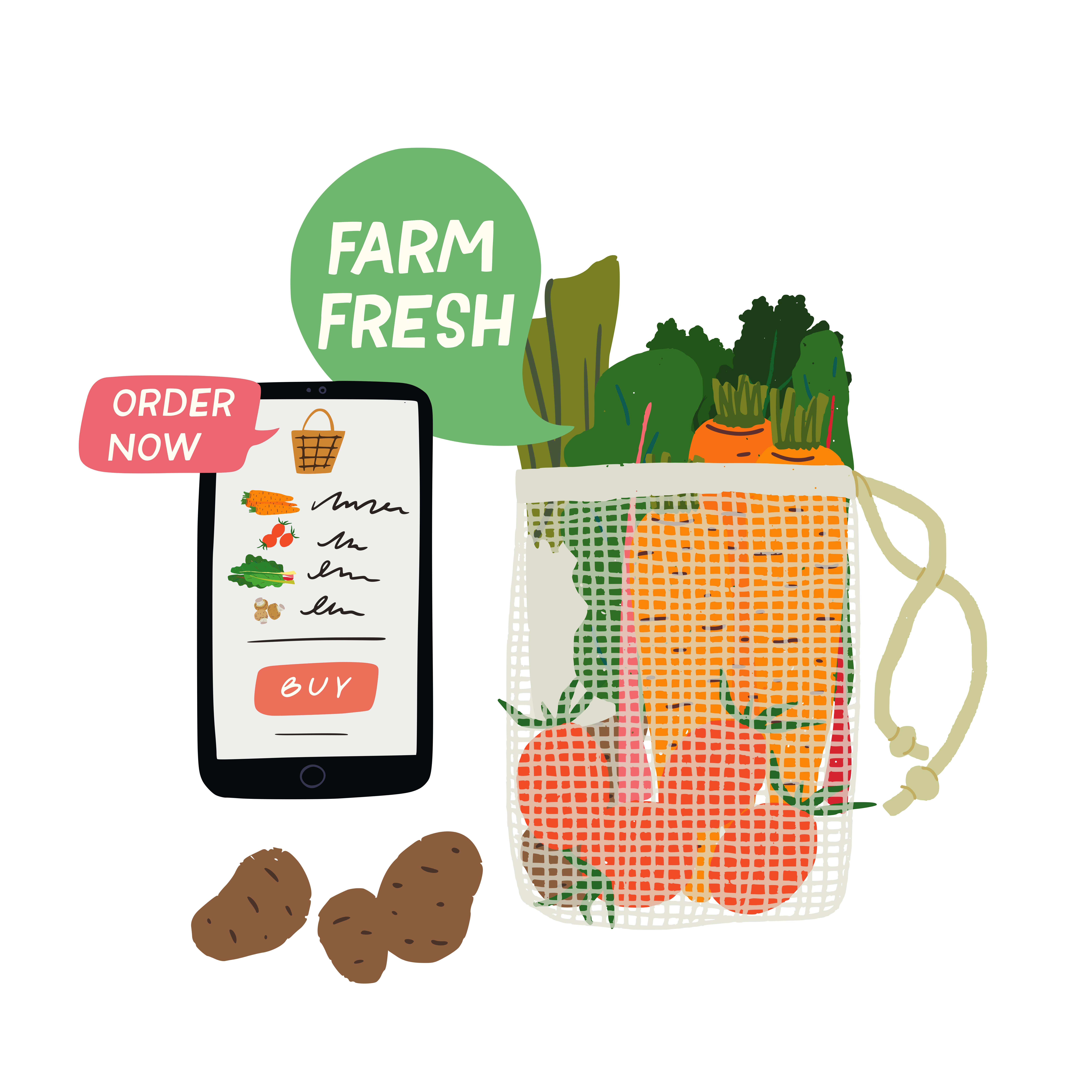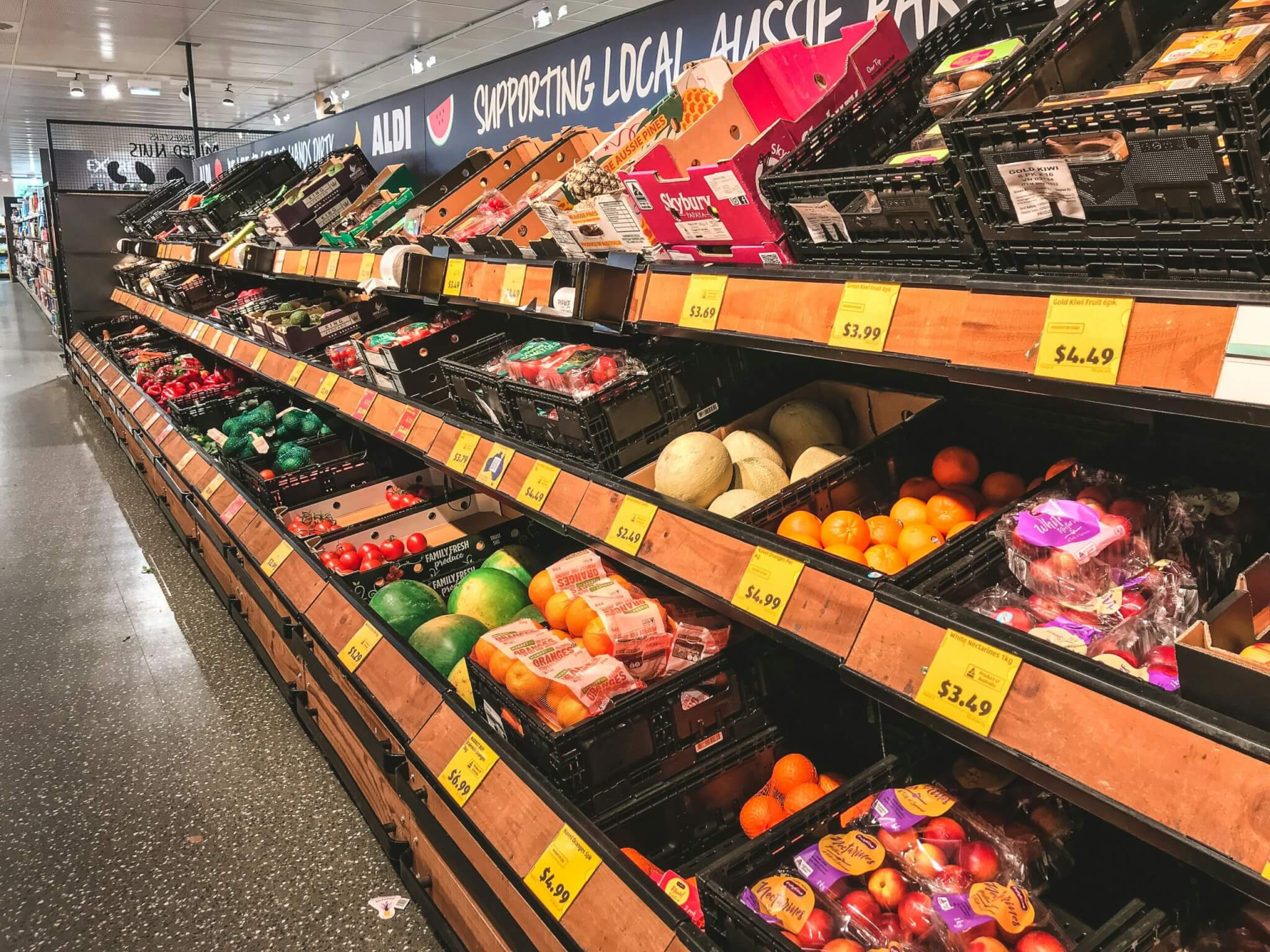August brings a celebration for allotment growers. Yes, it’s National Allotment Week! And this year’s theme is ‘Plotting for the Future’.
The organic grower always plans for the long term – not just for their plot, but for the planet. We do this by growing the most sustainable way: reducing artificial inputs (such as chemical fertilisers and pesticides), building up the soil health, supporting important wildlife, and being mindful of resources – such as energy and water.
But not everyone has their eye on the sustaina-ball (sorry!). Organic growers can be criticised and shamed by their allotment neighbours for letting weeds in, and for using recycled materials to make home-spun shelters and plant protection (a colleague was reprimanded for her creative use of shopping baskets as pigeon barriers. It seems this didn’t suit the aesthetics of her allotment committee).
Then, when the boot is on the other foot, do you find yourself gritting teeth as your neighbour sprays weedkiller and uses peat-filled compost?

The close proximity of allotment sites can be challenging. But I see it as a great opportunity for organic growers to share their expertise. So next time you have a friendly chat across the path, here are some tips for you to share with your non-organic neighbour.
Weedkillers are not only toxic, research has shown that they also affect the microlife in the soil. This prevents your chosen plants from taking up nutrients from the soil. Remind your neighbour that weeds can add to the biodiversity on the plot – especially early in the year when bees and other pollinators need feeding. Keep a few golden dandelions, even a handful of nettles – they’ll make that liquid feed, full of nitrates to help green growth.
Pesticides will kill indiscriminately. Although sprays are aimed at aphids or other pests, they also kill other harmless insects who may be nearby. And if you kill an aphid, you are threatening the survival of ladybirds and song birds. They need the small aphids to feed their young. Pesticides can also create a health hazard for birds or frogs.
Potting compost doesn’t need peat. There are excellent alternatives now on offer and by going peat-free you are not only saving a rare and endangered habitat but you are also saving the planet. Peat bogs are one of the most effective carbon stores on the planet, better than forests. The truly sustainable compost is your own homemade. Why not share compost making tips with your neighbour? You’ll find plenty of advice on peat-free growing at www.forpeatssake.org.uk.
The Grow Your Own Wicked Leeks series is written by Garden Organic, the national charity for organic growing. Each month we bring you timely advice on what to do in your organic patch, whether you’re an experienced grower or just starting out. Share your own tips and gardening photos on social media under #GYOWickedLeeks.
This article was originally published in the Wicked Leeks summer 2021 issue. You can read the full magazine for free on Issuu here.













0 Comments